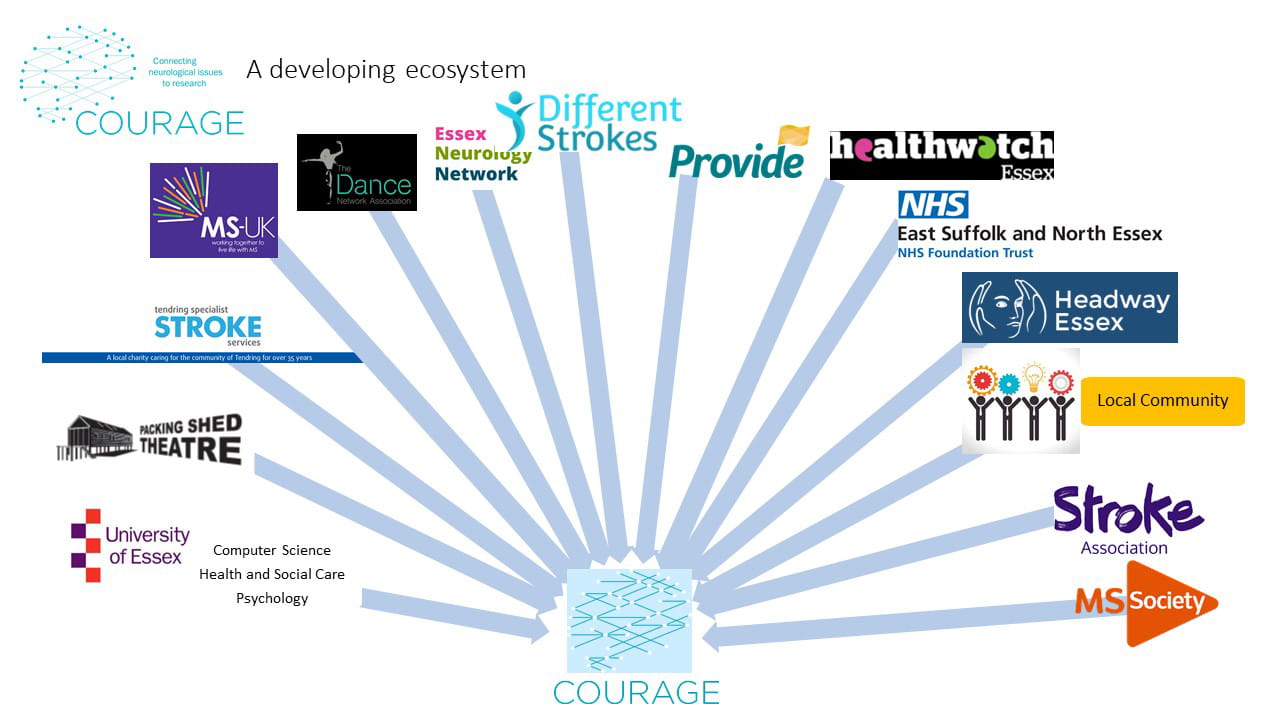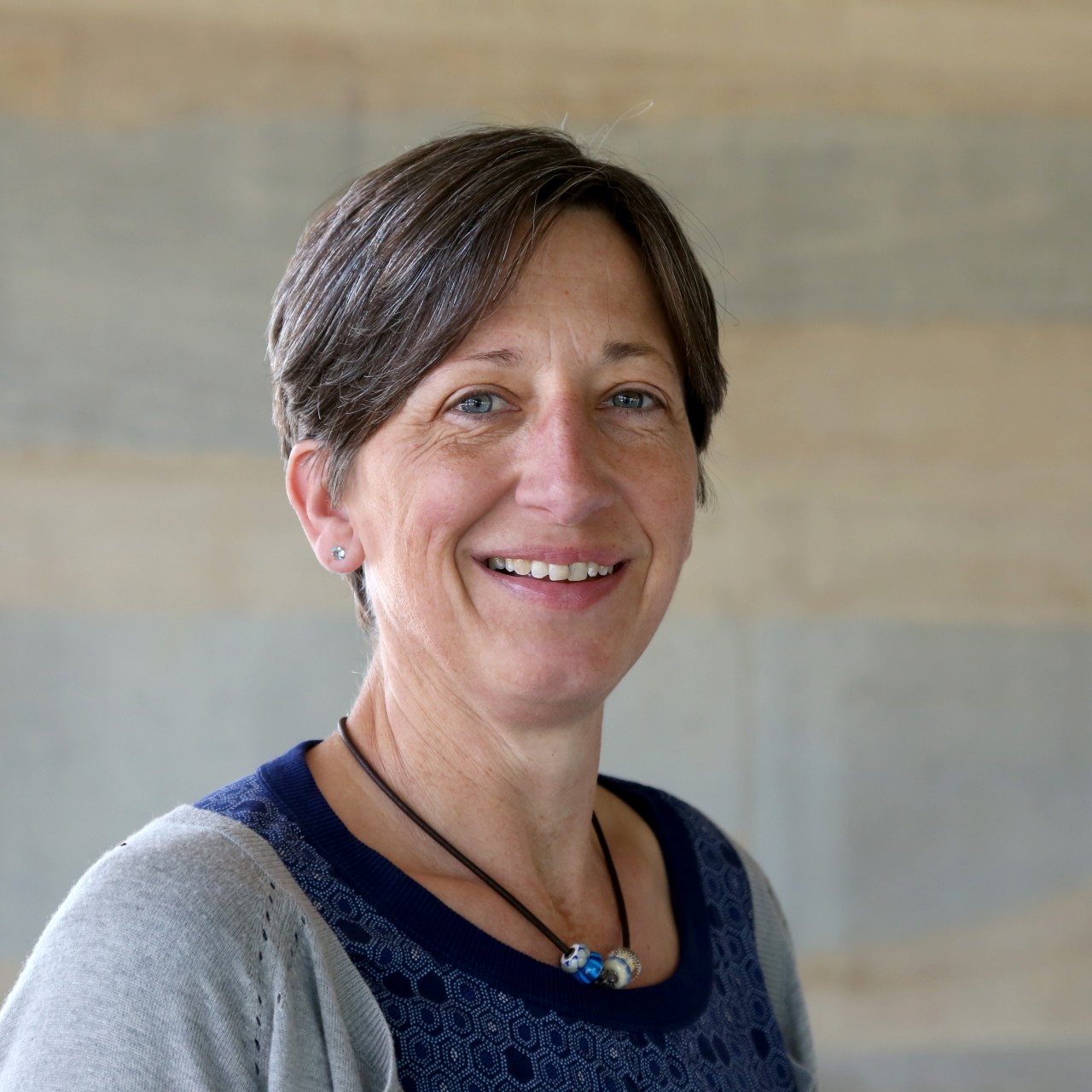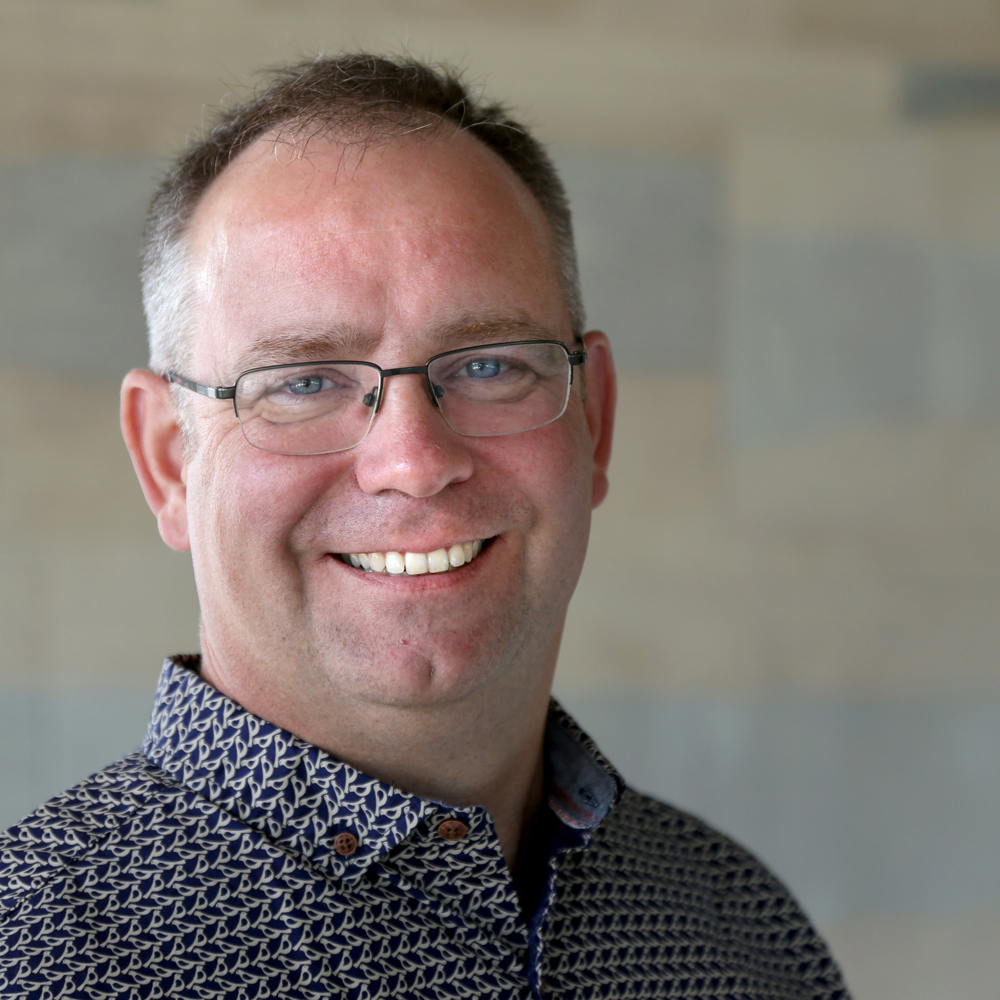Building engaged partnerships in ‘place’: The COURAGE network

A place-based approach
When it comes to public engagement and securing research funding, there is a growing emphasis on the importance of “place” – but what does this actually mean?
In this blog, Abigail Fairhall and Dr Andrew Bateman of the COURAGE network explain the importance of putting the focus on “place” so members of the public can actively engage and contribute to projects that affect their lives.
Within the world of public engagement EPPE is an acronym we’ve come to know well. Enhancing Place-based Public Engagement (EPPE) was an innovative and flexible grant from UK Research and Innovation (UKRI). It was very short – just six months – but aimed to draw lessons and share experiences on working in “place” and, more specifically, with “those experiencing significant disadvantage”
A recent speech by the Chief Executive of UKRI highlighted that “despite efforts to engage the public in research there remains a significant gap between those who feel able to make informed choices, to question, challenge and influence research and innovation, and those who feel disconnected, underrepresented and disenfranchised”.
Gains have been made but there is a lot more that can be done to collaborate, participate and engage with research users. The Government promises an ambitious new Place Strategy after the Spending Review.
Principles of EPPE
A detailed review by the NCCPE outlines three principles for EPPE:
- Citizen or community-led
- Being sensitive to inequality
- Working in system-oriented and collaborative ways
The theory seems quite straightforward, especially we thought with our joint experience: Our main partner was Healthwatch Essex (HWE) which offers an extensive network and experience in lived experience and community engagement and the University, with expertise in neurology, public-patient involvement and taking a systems approach to engagement. Together we already had the strands of a good network, such as the Neurology Network facilitated by HWE, and an extensive professional network of specialists in all areas of brain injury. But an enormous challenge lay ahead and remains. How to build effective, sustainable and functioning partnerships and with a focus on place? And why a focus on place?
Many organisations have moved to a focus on place, especially in areas of disadvantage where there’s recognition that a more holistic and local approach might work better. UKRI wants to learn from our experience and approaches, not so much about partnership building, but how to reach those disadvantaged, defined as being in the lowest 40% in the indices of multiple deprivation: Our University borders some of the most deprived districts in Essex and some that fall in the lowest 10%.
Collaboration and co-design
Our focus for COURAGE, the Community Research and Engagement Network, was to initiate a collaborative process to co-design a research strategy and develop a network. COURAGE’s principles lie in (i) collaborative engagement and co-design (ii) giving a voice to those often ignored or not heard. We aimed to build a network of partners who directly work with those in the most disadvantaged areas, whilst also trying to understand how place affects access to services and influences policy.
You don’t have to look far to find evidence of variability in access to services. The Neurological Alliance is a national coalition of charities and service providers which has raised concerns repeatedly over the last decade. Most recently a report on neurology elective care describes unwarranted, unnecessary variation fragmented commissioning and a national shortage of neurologists, all ingredients for disadvantage.
What have we learnt so far?
Time, time, time. We started with a simple network map. It grew, and keeps on growing. We talk to one person, or group, or voluntary organisation. That leads us to another and another. Some of whom we did not know existed. Time is needed to talk and explore and make connections. As a result of talking we became involved in a film about the hidden effects of brain injury. We recognise that it’s really important to take time to build partnerships.
Map your stakeholders and bring them together. From all disciplines, from those who are carers to those living with these conditions - through to policy advisors, heads of charities and voluntary organisations. In doing so we have started to understand our neuro ecosystem, and through this project become a recognised part of it (for example through an invitation to join the local NeuroUsers group).
We started with a stakeholder workshop. A simple exercise asking open ended questions to get people talking. This led to academics talking to other academics from different disciplines. It led to those with brain conditions explaining their needs. It allowed everyone to speak and listen. The list of project ideas is very exciting and should entice students and academics from across the University.

Form long-term partnerships with intermediaries. Work through intermediaries and those already established within the community. Our partnership with Healthwatch Essex is essential. We’ve established a long-term relationship through creating a Visiting Fellow post in the School of Health and Social Care, a Memorandum of Understanding between the University of Essex and HWE and the COURAGE Network has a wider reach as it’s hosted by HWE.
Provide flexible funding and be prepared to go down different unexpected routes. During our conversations and networking we came across a local playwright and theatre production company. They had prepared a fascinating script that visualises the everyday problems of people living with a neurological condition. The aim of the play is to raise awareness amongst society, in one scene it illustrates the risk of judging people who may not be acting ‘normal’. Packing Shed Theatre Company has become an exciting partner in COURAGE, and we hope we can find ways of bringing the play to the stage as part of our collaboration going forward.
A key message of this play and all of the work in this project is that we need opportunities to have conversations about how our “place” - Essex - is making progress in being a good place to live with such a condition. After all, this is likely to be one in six of us at some point in our life. The COURAGE video is available to watch online.

